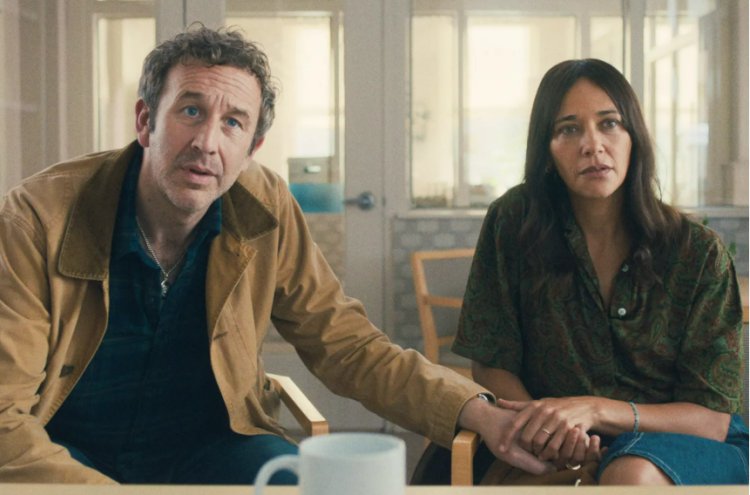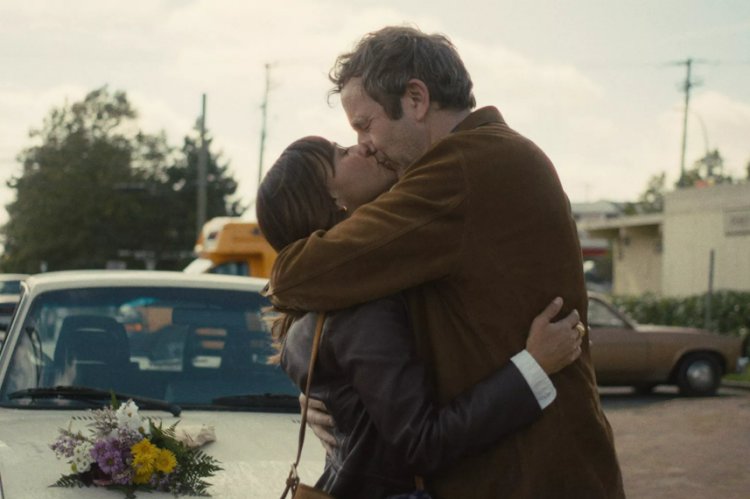When 300$ Isn’t Just a Number: Rethinking the Cost of Life in Black Mirror S7E1
Everyone’s talking about the ethics and emotions of Black Mirror’s Season 7 opener — but what if we told you there’s a massive detail most people missed? What if the whole premise of “$300 a month is too much” doesn’t quite hold up when you crunch the numbers — unless, of course, that’s the entire point? In this blog, we go beyond the screen to explore how a small figure could fracture a perfect life, and why it still works — or even works better — with different numbers.
Most people saw it as a tragic “what would you do” episode. But we saw something else: a hidden crack in the foundation of the plot — the $300/month fee to extend his wife's life. When you realize the husband is a senior welder and the wife is a teacher, that cost doesn’t quite add up to the life-shattering burden the episode wants us to believe. On paper, it shouldn’t have been the trigger for collapse.
Let’s break it down:
If he earns $18/hour and works 12 hours a day for 25 days a month, that’s $5,400/month — not counting overtime, bonuses, or his wife's income. Add her salary and we’re talking a financially stable household.
So why does $300 wreck everything?
Maybe it’s not the money. Maybe it’s the psychology. Maybe it's about the idea that a price was suddenly placed on a person’s existence — turning life into a subscription. Or maybe the number doesn’t matter because Black Mirror, more than any other show, plays with our perception of what’s real and what's emotional realism.
Now imagine if the subscription was $30,000/month. That kind of cost introduces tension that’s much more believable — and yet, wouldn’t that make the character’s decision more heroic, more tragic, more dramatic? Maybe even too clean.
And that’s the genius here.
By keeping the price low but emotionally expensive, the episode reflects our current world perfectly: where even the smallest recurring cost can slowly bleed a household dry. Subscriptions. Co-pays. Installments. It’s the death by a thousand cuts. And suddenly, $300 isn’t just a number — it’s a symbol of quiet collapse.
What would happen if the character had to pay $300,000/month? He’d say no. The love story would end before it began. But $300/month? That’s just enough to say yes. Just enough to say “maybe we can make it work.” Just enough to watch everything slowly fall apart.
In a world full of premium upgrades and auto-renewals, this episode wasn’t about money at all. It was about the price of keeping something alive when it’s already gone — and the illusion that you can afford it.
This is Black Mirror doing what it does best — not giving us the sci-fi future, but showing us the hyperreal now. This is the kind of episode you need to watch twice. And then once again in your imagination — where the numbers shift and the questions hit deeper.
We just gave you that third watch.
Come back for more like this — because the only thing more visual than cinema… is imagination.
— blog by BrainRevamp
What's Your Reaction?





















